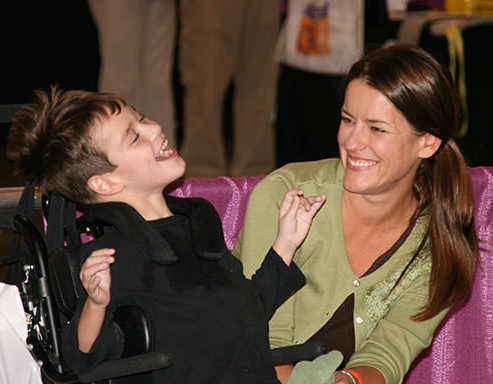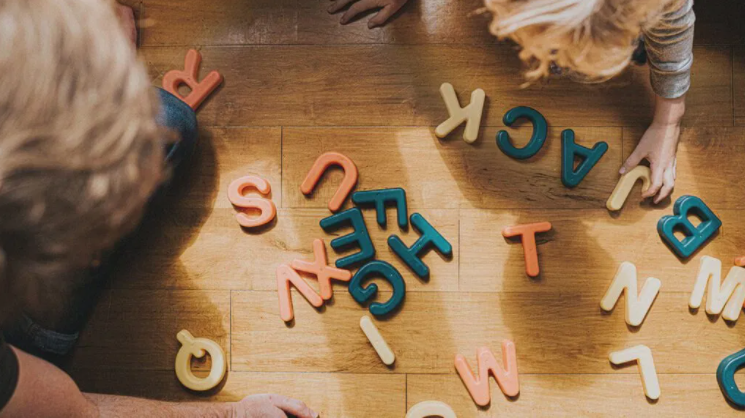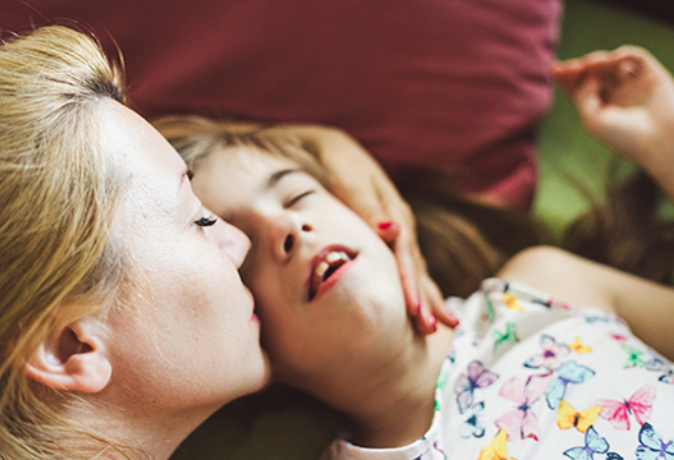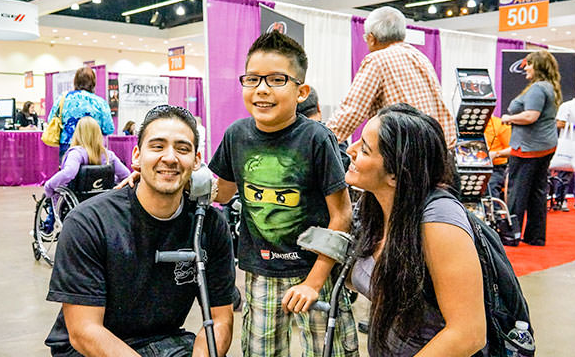Disability
Disability and parental care, refer to the ability of parents, to create/educate children with above-the-ordinary limitations.
The influence of parental care on disability starts right from the point where, when the child is subject to inappropriate behavior on the part of the parents, this situation can result in a deficit in their development.
In fact, when the parents are in charge of a child with a disability, in addition to the responsibility being increased due to the condition of this child, what is more, commonly happens is that the mother has a greater burden of responsibility than the father, in the various contexts of the child’s life, whether in education, health, food, etc.

According to the Diagnostic and Statistical Manual of Mental Disorders, with regard to intellectual disability, one of the first things to assess are the functional aspects and its ability to adapt to the environment. It appears that when these skills are in a pattern much lower than the average, we are facing a deficit in behavior, especially if it is expressed in terms of communication, personal care, home life, social skills, work, leisure, health, and safety, before age 18.
In the case of children suffering from Down’s syndrome, for example, we can see that, according to these authors, every achievement of the children that allows observing any kind of evolution, takes these parents to look the same as a gift, since it is an engine for their development.
Taking into account the type of characteristics that a disability can bring with it, it is important that parents, as the most important figures in the child’s education, pay attention to any change in development that may be considered anomalous. This type of care can be done using different strategies such as dialogue with their children and monitoring of behaviors that promote the development of the child.
The participation of both partners in the care of children with disabilities is essential, in order to jointly promote the abilities to acquire routines that influence their physical and mental development.
Skills such as the ability to solve problems are extremely rich when we are dealing with parents who have disabled children in their care, as these skills are a resource used to promote the involvement of children in family matters. These strategies used by parents in relation to disabled children should be used both in the family context and in other contexts because they encourage the autonomy of these children while giving them resources to obtain social skills and positive feelings about themselves.

The bibliographical review carried out by the authors demonstrates quite clearly that a child always brings illusions and fears to the parents and, just the fact of assuming parenthood, is already a great responsibility that becomes greater when that child has some type of disability. In this case, it is natural that some conflicts arise regarding family ties, due to the condition of the disability, not because of the disability itself, but because of the need to adapt to it, as a new reality that requires the ability to acquire new skills.
Thus, discovering that the child has a disability leads parents to need to monitor the child more closely throughout their life, which leads to decisions about medical treatment, educational issues, and special needs, which often leads parents to associate the child’s condition with something very negative.
Child neglect
Child neglect is a form of maltreatment against children and adolescents, which is expressed by the omission of care. It can take many forms and in any context, all of them with serious consequences for human development. Child neglect seems to be the most recurrent form of maltreatment of children and adolescents, presenting several serious cases, it can take on educational, medical, physical, and emotional aspects. , all with serious consequences for the child’s physical and mental health

Conclusion
According to the literature review, we can understand that parental care for children with disabilities is, as a rule, a promoter of increased responsibilities in relation to these children. However, we cannot fail to mention that one of the advantages so that the condition of these children is not harmed further is the fact that the parents are able to promote their development, in order to give them the greatest possible ability to autonomy.
Child neglect is a form of maltreatment against children and adolescents, which is expressed by the omission of care. It can take many forms and in any context, all of them with serious consequences for human development. Child neglect seems to be the most recurrent form of maltreatment of children and adolescents, presenting several serious cases, it can take on educational, medical, physical, and emotional aspects. , all with serious consequences for the child’s physical and mental health

